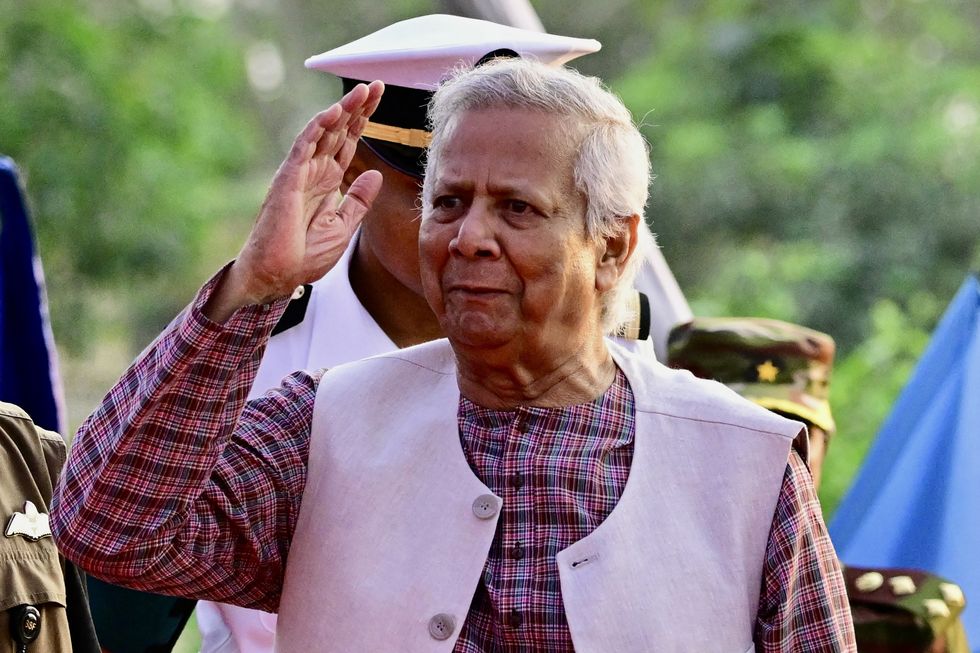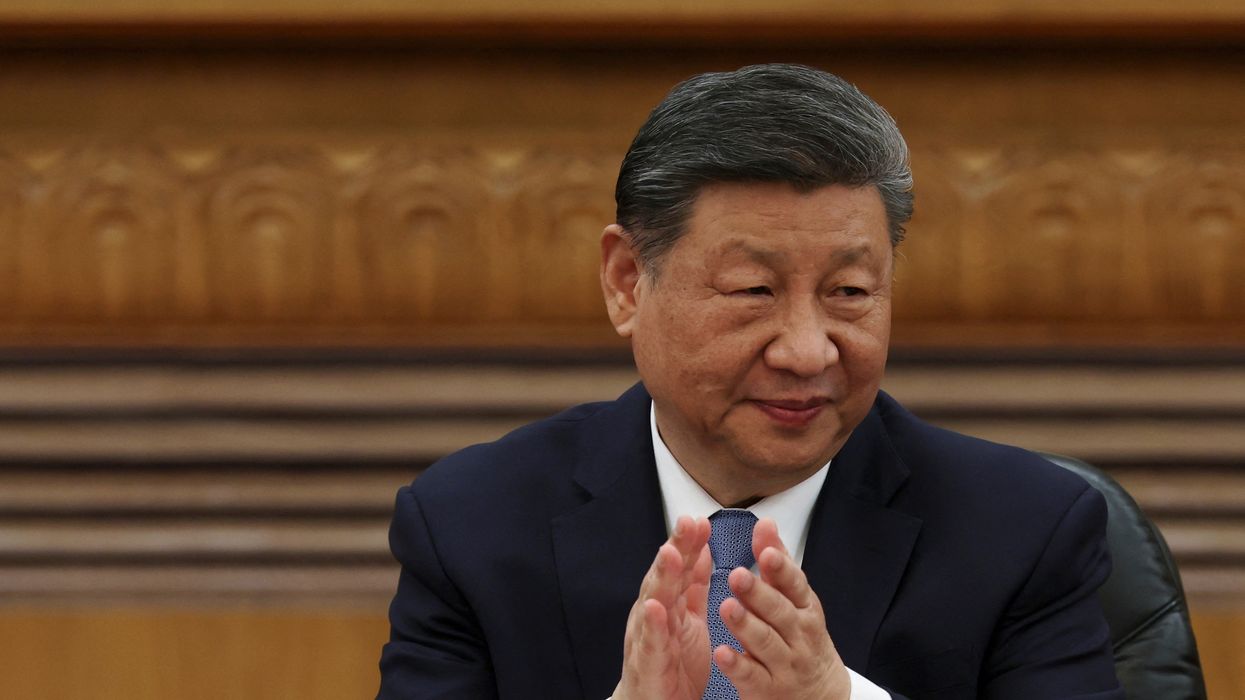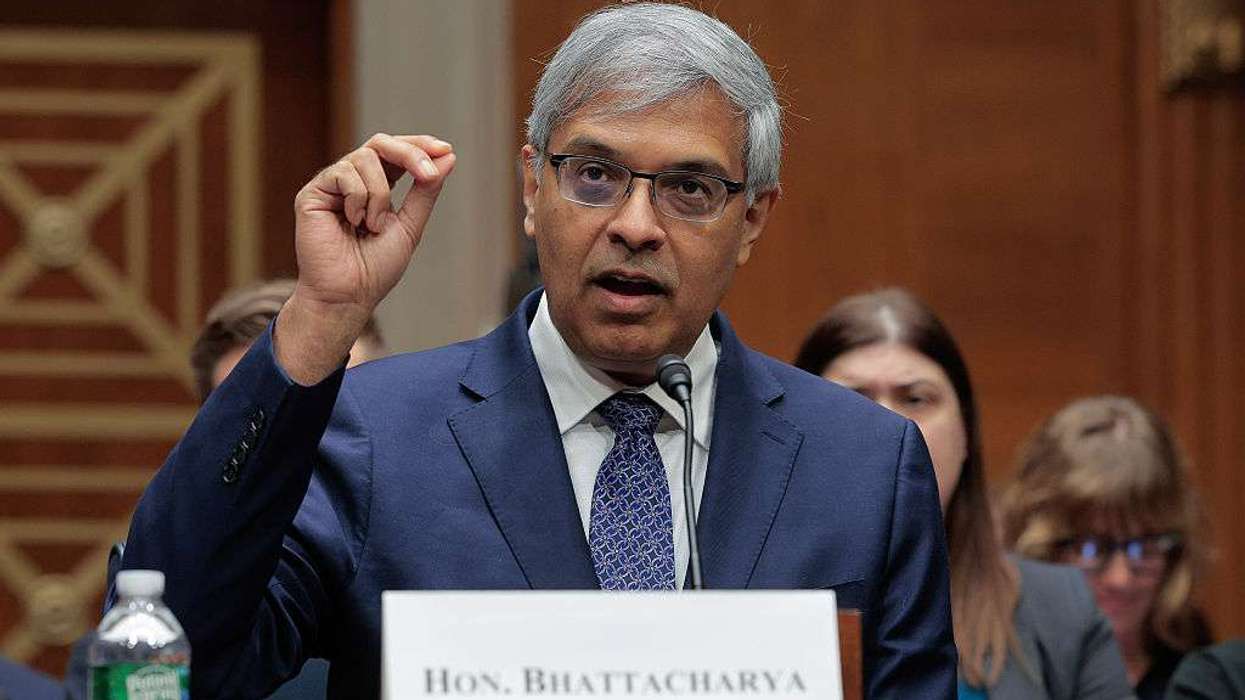THE Chinese president, Xi Jinping, last Friday (28) pledged deeper cooperation with his Bangladeshi counterpart Muhammad Yunus in a meeting that came as Dhaka seeks new friends to offset frosty ties with India.
Yunus took charge of Bangladesh last August after the toppling of former prime minister Sheikh Hasina, who fled to New Delhi after a student-led uprising.
India was the biggest benefactor of Hasina’s government, and her ouster sent cross-border relations into a tailspin, culminating in Yunus choosing to make his first state visit to China.
Xi told Yunus that Beijing was “willing to work with Bangladesh to push bilateral cooperation to a new level,” Chinese state broadcaster CCTV said.
“China... insists on remaining a good neighbour, good friend and good partner to Bangladesh, based on mutual trust,” Xi said, according to CCTV.
Beijing and Dhaka should “firmly support each other” on core interests, the Chinese leader said. He backed Bangladesh on issues including safeguarding national sovereignty, independence and territorial integrity.
He added that the two countries would explore cooperation in infrastructure construction, water conservancy and the digital, marine and environmental sectors.
Dhaka said Yunus’s China visit showed Bangladesh was “sending a message”.
The 84-year-old Nobel Prize winner held several other meetings with highlevel officials in the Chinese capital.
According to reports, the two leaders also discussed Bangladesh’s immense population of Rohingya refugees, most of whom fled a violent military crackdown in neighbouring Myanmar in 2017.
China has acted as a mediator between Bangladesh and Myanmar in the past to broker the repatriation of the persecuted minority, although efforts stalled because of the ruling junta’s unwillingness to have them returned.
Meanwhile, senior figures in the Indian and Bangladeshi governments traded barbs ahead of Yunus’s visit to Beijing.

Those tensions have almost completely halted travel by Bangladeshis to India for medical tourism, thousands of whom crossed the border each year to seek care. Dhaka’s top foreign ministry bureaucrat said last week that talks in Beijing would touch on the establishment of a Chinese “Friendship Hospital” in Bangladesh.
Yunus’s caretaker administration has the unenviable task of instilling democratic reforms ahead of new elections expected by mid-2026.
It has requested – so far unsuccessfully – that India allow Hasina’s extradition to Bangladesh to face charges of crimes against humanity for the killing of hundreds of protesters during the unrest that toppled her government.
Yunus has also sought a meeting with Indian prime minister Narendra Modi in a bid to reset relations, with both expected to be at the same regional summit in Bangkok this month.
His government has yet to receive a response, with Indian foreign minister S Jaishankar saying the request was “under review”.
In another development, Bangladeshi police last Friday filed a new criminal case against Hasina over an alleged plot to overthrow the government that replaced her.
Numerous criminal indictments have been issued against her and top loyalists of her Awami League party, including over a crackdown by security forces that killed hundreds of demonstrators during last year’s unrest.
The latest case revolves around a virtual meeting attended by nearly 600 Awami League members in December, which police said had conspired to “wage civil war in Bangladesh” with the aim of restoring Hasina to power. “Many of them, both inside and outside the country, pledged to continue their fight until their last breath,” the case documents stated.
Police spokesman Jasim Uddin Khan said that charges had initially been filed against Hasina and 72 others, but that the number of defendants may increase as the investigation progressed.
“The number of participants in the virtual meeting was 577. We are investigating their roles, and if found complicit in the conspiracy, they will be charged,” he said.
A report from the UN rights office earlier this year stated that Hasina’s government was responsible for systematic attacks and killings of protesters as it attempted to hold onto power last year.




